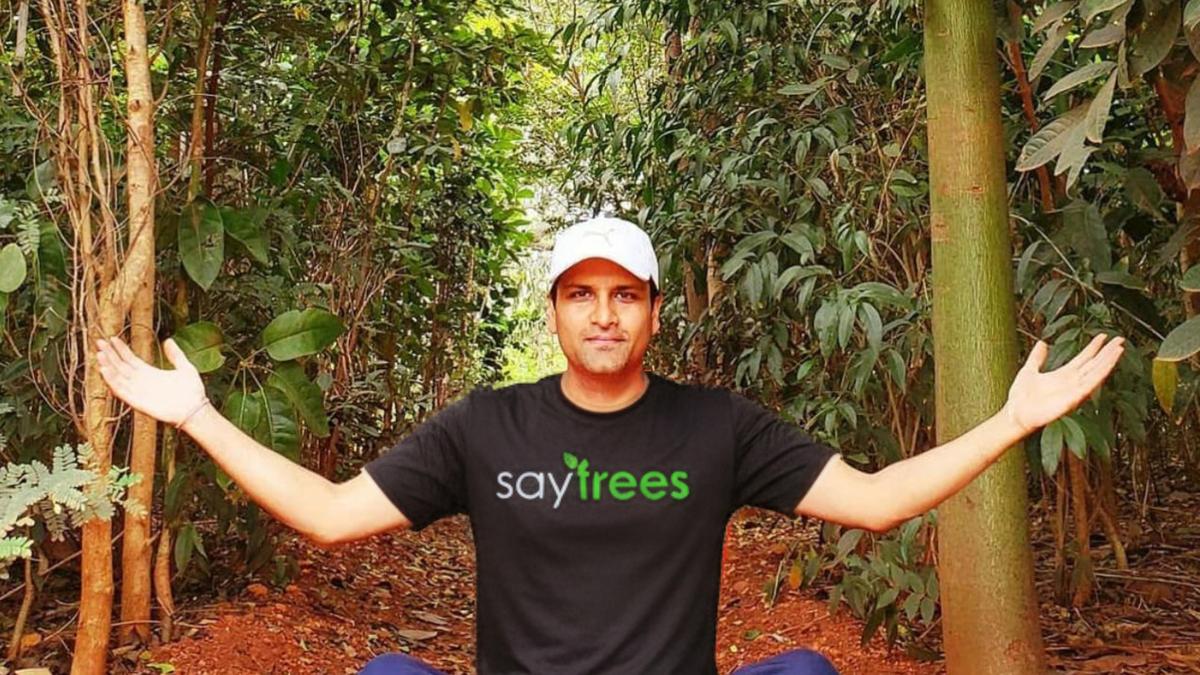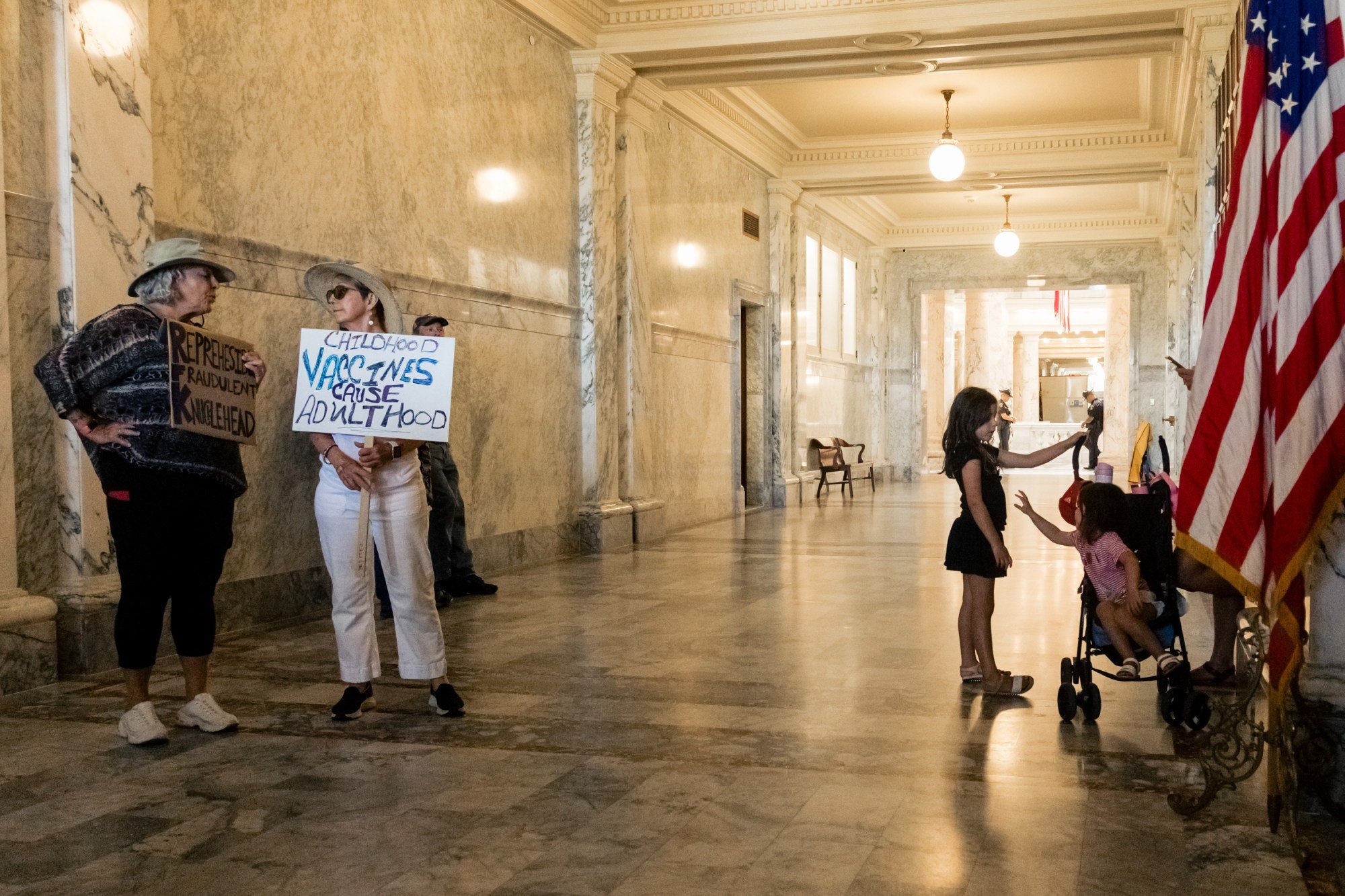Copyright thehindu

Bengaluru may be known as the Garden City, but rapid urban development over the years has put its greenery and waterbodies under pressure. A Bengaluru-based engineer, Kapil Sharma, has been working to reverse that trend, and on Sunday, his efforts received national recognition. In his weekly Mann Ki Baat address, Prime Minister Narendra Modi highlighted Mr. Sharma’s efforts for rejuvenating wells and lakes in and around Bengaluru, and to mobilise both citizens and corporates to support his initiatives. Mr. Sharma, who moved to Bengaluru from Raipur in 2001 to pursue engineering, says he fell in love with the city’s tree-lined streets. “Between 2005 and 2006, I started noticing many trees being cut down for development projects. It bothered me deeply, and I felt I needed to contribute as a concerned citizen,” he recalled. Determined to act, he began visiting government offices to understand his role and capacity as a citizen. In 2007, he started planting saplings on weekends. Over time, more people joined him, and this collective effort became the foundation for SayTrees, a non-profit aimed at increasing India’s green and blue cover. Mr. Sharma credits his ‘three P’s formula’—project, people, and paisa (money) for the organisation’s success. “Finding the right project, the right people, and the right corporate partners for funding support is crucial. I involve communities who are equally passionate about these initiatives to ensure the project’s success and sustainability,” he said. Over the years, the SayTrees has planted more than 10 million trees across urban and rural areas, including fruit trees, in partnership with, over 20,000 farmers. These trees not only benefit the environment, but also provide additional income to local communities, he said. Water conservation soon became a priority after he observed Bengaluru struggling during dry seasons. Starting with one lake, the SayTrees has now rejuvenated 50 lakes nationwide, adding water-holding capacity of around five billion litres. According to Mr. Sharma, rejuvenating polluted lakes helps recharge groundwater and build resilience against urban flooding during the monsoon. “A large lake can store up to 200 million litres of water every monsoon. Imagine gallons of rainwater flowing down the drain and flooding the city. Lakes have the capacity to capture that rainwater, which can then support the city during the summer,” he explained. The SayTrees has also pioneered the creation of Miyawaki forests- a dense, multi-layered forest created using a Japanese method to grow self-sustaining mini-forests in a short time, often in urban areas, in India, establishing more than 150 small urban forests that support biodiversity and green cover. While Mr. Sharma now operates from the U.S., he continues to promote the initiative globally, raising awareness and support, while co-founder Devkant manages on-ground activities in India.



